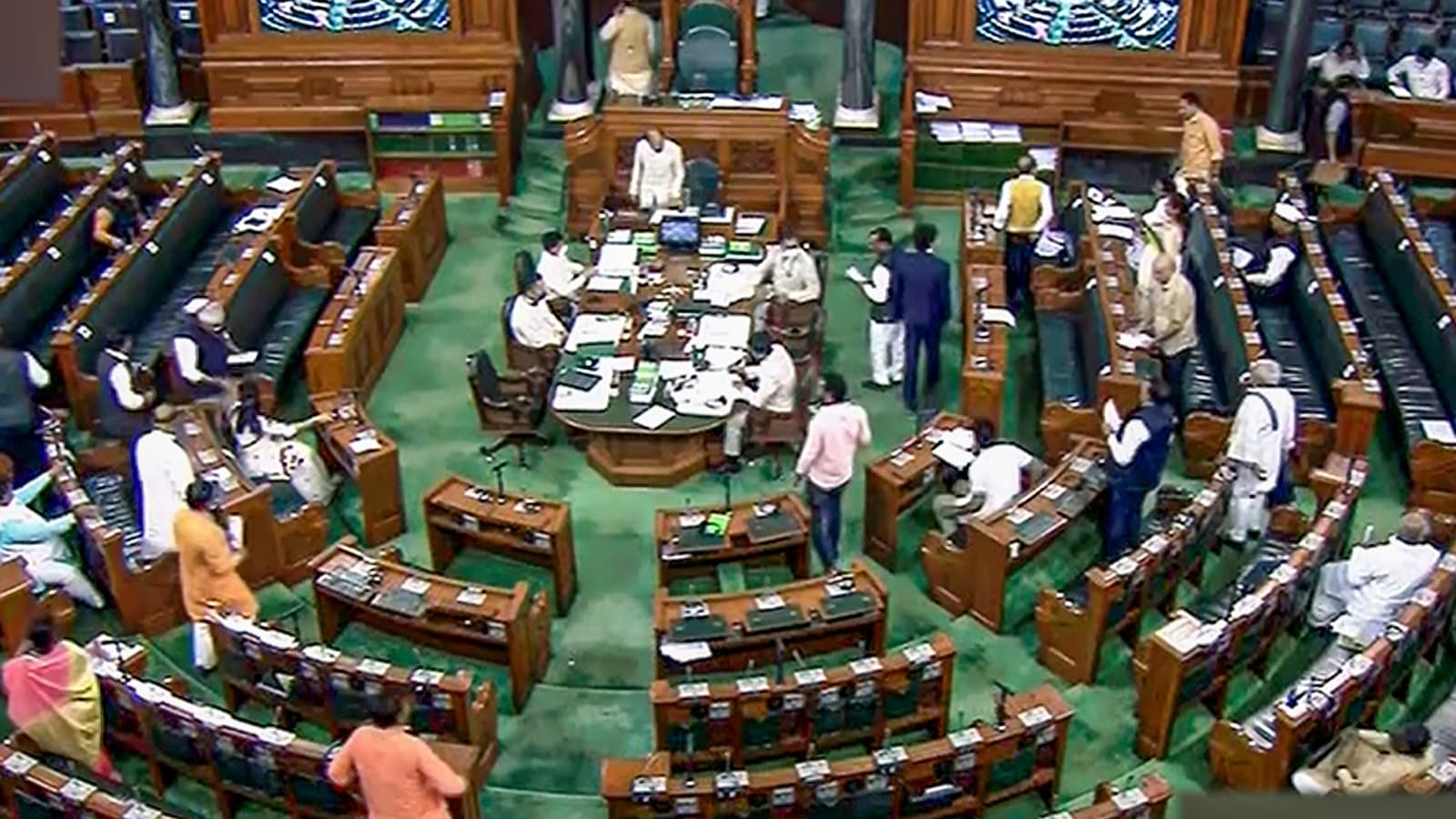Free Courses Sale ends Soon, Get It Now


Free Courses Sale ends Soon, Get It Now



Copyright infringement not intended
Context: According to the norms of parliamentary procedure, the constitutionally enshrined principles of natural justice, and Rule 357 of the Rules of Procedure and Conduct of Business in the Lok Sabha, a member of parliament requests permission to present his View.
Details
Background of the Issue
Rule 357 of the Rules of Procedure and Conduct of Business in the Lok Sabha
View of Constitutional experts
|
PRACTICE QUESTION Q. Consider the following Statements; 1. The Speaker of the Lok Sabha is nominated by the President of India. 2. The Speaker while assuming their offices make and subscribes to a separate oath or affirmation. 3. The Deputy Speaker is subordinate to the Speaker. Which of the following statement is/are incorrect? (A) 1 and 2 only (B) 2 and 3 only (C) 1 and 3 only (D) 1, 2 and 3 Answer: D Explanation: Statement 1 is incorrect: The Speaker is elected by the Lok Sabha itself from among its members. Statement 2 is incorrect: The Speaker, while assuming their offices, does not make and subscribe to any separate oath or affirmation. Statement 3 is incorrect: The Deputy Speaker is not subordinate to the Speaker. He is directly responsible to the House. |
Must Read: https://www.iasgyan.in/daily-current-affairs/committee-of-privileges
© 2024 iasgyan. All right reserved